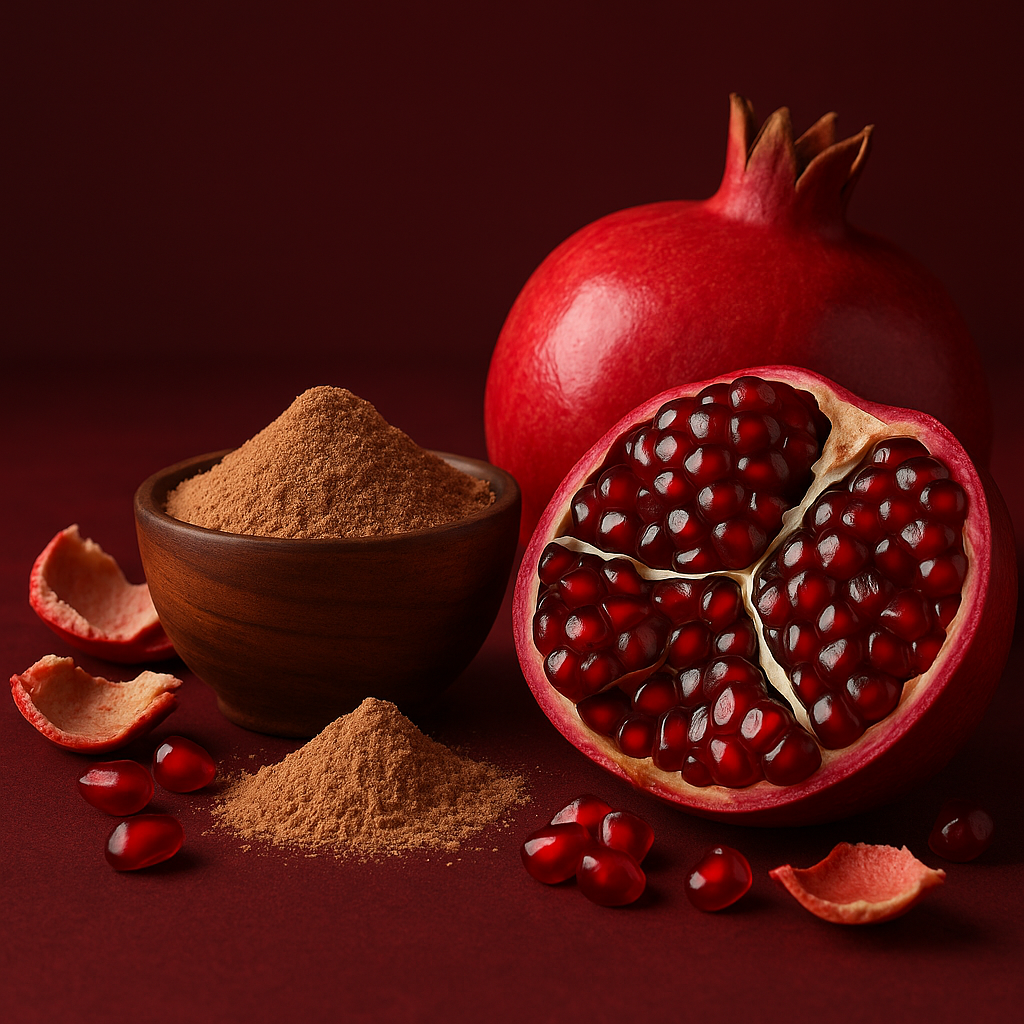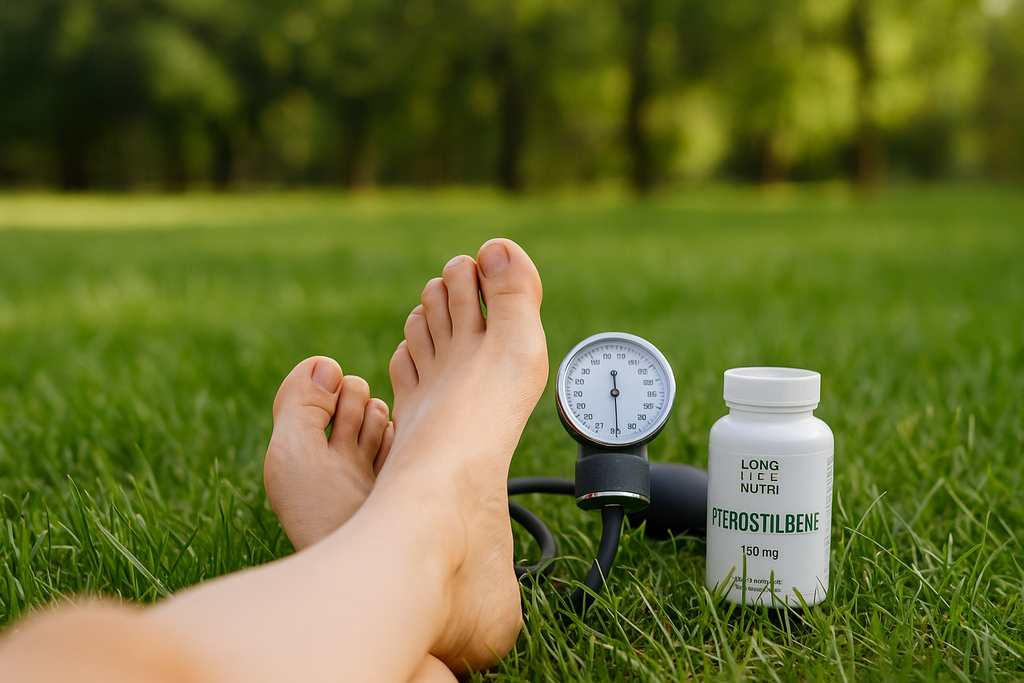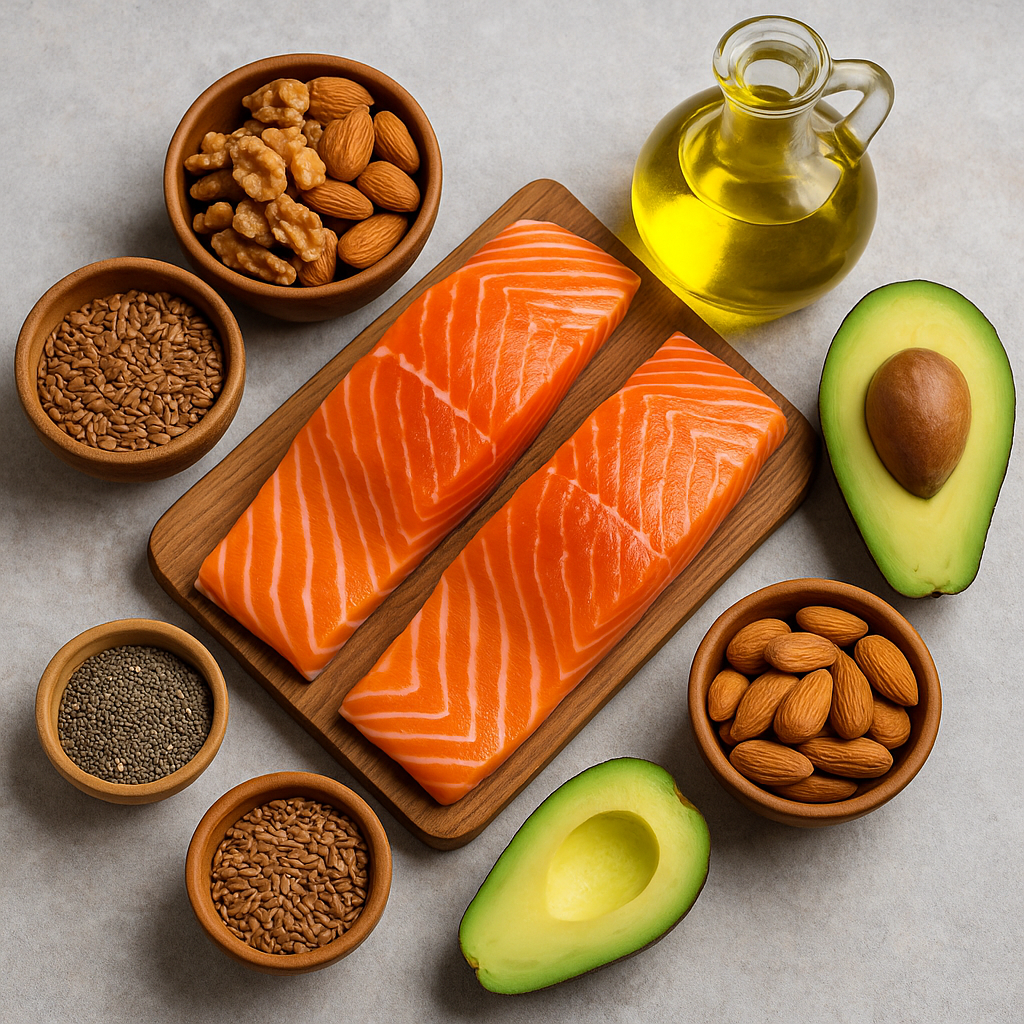News — heart health supplements
Pomegranate Peel Extract: A Cardio Superfood Backed by Science
anti-inflammatory supplements antioxidant-rich herbs cardio superfood ellagitannins endothelial function heart antioxidant supplement heart health supplements hesperidin and pomegranate natural cardiovascular support natural cholesterol support nitric oxide production polyphenols for heart pomegranate cardiovascular health pomegranate extract capsules pomegranate for blood pressure pomegranate peel benefits pomegranate peel extract pomegranate vs juice punicalagins vascular health
When it comes to heart-healthy foods, pomegranate juice has long received the spotlight. But recent research suggests the real cardiovascular powerhouse might not be the fruit’s juicy arils—it’s the peel. Rich in polyphenols, tannins, flavonoids, and potent antioxidants, pomegranate peel extract is emerging as a clinically promising supplement for heart health, inflammation control, and cellular protection.
Often discarded as waste, the peel actually contains a much higher concentration of bioactive compounds than the juicy pulp. From reducing oxidative stress and lowering blood pressure to improving lipid profiles and enhancing nitric oxide production, pomegranate peel extract is a science-backed superfood that deserves a place in your cardiovascular wellness stack. Let’s dive into what makes it such a powerful ally for your heart—and beyond.
Earthing and Blood Pressure: What the Research Says
antioxidant support barefoot therapy blood pressure cardiovascular health earthing free radical defense grounding grounding and HRV grounding studies heart health supplements heart rate variability hypertension remedies inflammation lifestyle and heart health LongLifeNutri natural antihypertensive natural ways to lower blood pressure pterostilbene pterostilbene for blood pressure stress reduction
In a fast-paced world filled with screens, artificial lighting, and constant stimulation, one of the simplest health practices gaining momentum is also the most primal: connecting your bare feet to the earth. Known as “earthing” or “grounding,” this wellness trend has been associated with a wide range of benefits—from improved sleep to reduced inflammation. But can it actually help lower blood pressure?
Emerging research suggests that spending time in direct contact with the Earth’s surface may influence your cardiovascular system in surprising ways. With hypertension affecting over a billion people worldwide, natural interventions are gaining more attention. This article breaks down the science behind earthing, what studies say about its impact on blood pressure, and how combining it with smart lifestyle strategies and antioxidant-rich supplements like Pterostilbene may offer enhanced support for heart health.
The Silent Protector: Why Omega-3s Are Non-Negotiable for Heart Disease Prevention
algal oil anti-inflammatory foods arrhythmia prevention best omega-3 sources blood pressure control cardiovascular health cardiovascular protection cholesterol balance EPA DHA benefits fish oil supplements healthy fats heart disease prevention heart health supplements heart rhythm regulation krill oil omega-3 benefits omega-3 deficiency omega-3 fatty acids plaque buildup prevention triglycerides reduction
Heart disease remains one of the leading causes of death worldwide, often striking without warning and altering lives in an instant. While many factors contribute to cardiovascular health, one nutrient consistently stands out for its protective benefits: omega-3 fatty acids. Often referred to as the "silent protector," omega-3s quietly work behind the scenes, fortifying the heart and circulatory system against numerous threats.
Despite their well-documented advantages, many people overlook the importance of omega-3s in their daily diets. As modern lifestyles gravitate toward processed foods and poor nutritional habits, ensuring adequate intake of these vital fats becomes not just beneficial but essential. This article delves into the profound role omega-3s play in heart disease prevention and why incorporating them into your routine is a non-negotiable step toward lifelong cardiovascular health.



